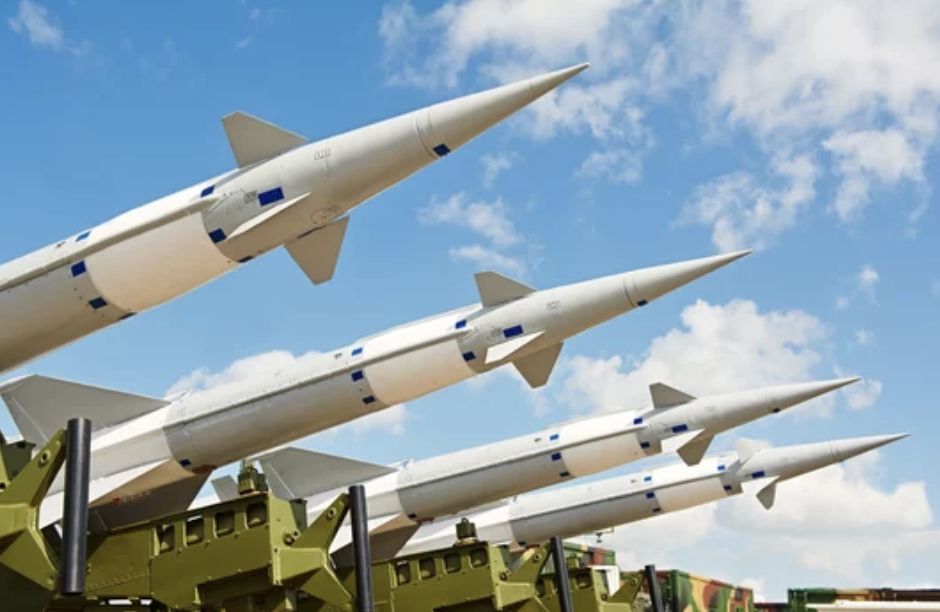Nonproliferation & Disarmament
We reject the possession of nuclear weapons as a permanent basis for securing and maintaining peace.

The International Nuclear Nonproliferation Treaty is the cornerstone of international efforts to curb nuclear weapons. It says, “The proliferation of nuclear weapons would seriously enhance the danger of nuclear war.”
All war, The United Methodist Church says, is “incompatible with the teachings and example of Christ.” (Social Principles, ¶165.C) Nuclear weapons make war more likely and far more deadly.
We reject the possession of nuclear weapons as a permanent basis for securing and maintaining peace.
United Methodist Book of Resolutions, 6129)Nuclear weapons pose a threat to our existence, and we must do more to eliminate them and the possibility of their use.
There are three pillars of the treaty: disarmament, nonproliferation and peaceful use of nuclear energy In other words:
- Those countries with nuclear weapons should dismantle them.
- Countries without nuclear weapons should not acquire them.
- And all countries should have access to peaceful nuclear technology.
This work requires international cooperation. “We must all work together to eliminate nuclear weapons, reduce overall defense spending and invest in the common good. We can and must work together to build peace.” (Statement of Religions for Peace, Marrakech, Morocco, Nov. 18, 2011)
What the Bible and the United Methodist Church Say:
“I will make for you a covenant on that day with the wild animals, the birds of the air, and the creeping things of the ground; and I will abolish the bow, the sword, and war from the land; and I will make you lie down in safety.” (Hosea 2:18)
“Depart from evil, and do good; seek peace, and pursue it.” (Psalm 34:14)
“For he is our peace; in his flesh, he has made both groups into one and has broken down the dividing wall, that is, the hostility between us.” (Ephesians 2:14)
“If there is any concern in the international community where international law intersects with ethics and morality, it is the legality of the threat or use of nuclear weapons … Accordingly, we reject the possession of nuclear weapons as a permanent basis for securing and maintaining peace.” (Book of Resolutions, 6129)
The United Methodist Council of Bishops said, “We say a clear and unconditional NO to nuclear war and to any use of nuclear weapons. We conclude that nuclear deterrence is a position that cannot receive the church’s blessing.” (In Defense of Creation, 1986)
Things you can do
- Work toward a nuclear weapons ban. Reaching Critical Will has a lot of resources to help.
- Know where your country stands on the Comprehensive Nuclear Test Ban Treaty and urge them to ratify if they have not done so. Learn from International Campaign Against Nuclear Weapons.
- Urge your governments to ratify the Arms Trade Treaty. Get more information from the International Action Network on Small Arms.
- Endorse the call to prevent nuclear war by becoming part of Back From The Brink. Look here for tools to advocate in your community.
- Contact your congressional representatives and express your support for H.Res.302, a resolution for the U.S. to embrace the goals and provisions of the Treaty on the Prohibition of Nuclear Weapons. More specifically, you can express your support for HR 921, a piece of proposed legislation that seeks to establish US policy to not use nuclear weapons first. There is a parallel bill in the Senate (SB 272).
Related Resources
For more information on nonproliferation and disarmament, visit:
- Resource guide on nuclear disarmament from Religions for Peace.
- Learn more about the Iran Deal, an immense diplomatic achievement, by visiting the Ploughshares Fund or the United Nations.
